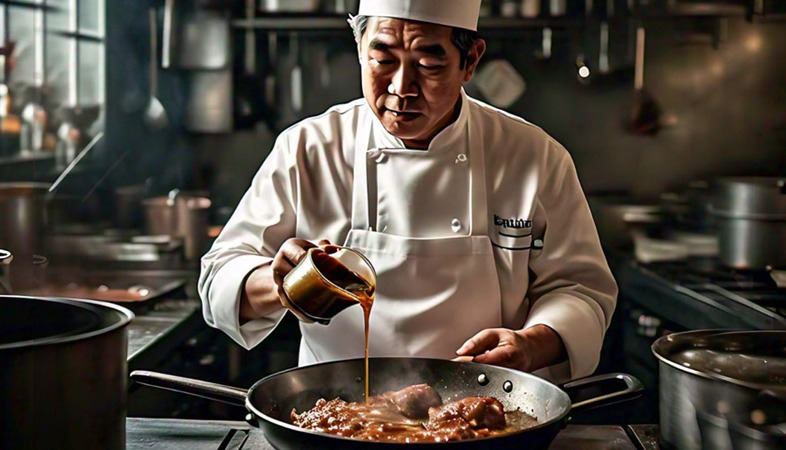Restaurants That Cook with Solar Energy: A Sustainable Dining Experience
As the world continues to prioritize sustainability, the role of solar energy in the restaurant industry is bound to grow.
In an age where sustainability is a priority, restaurants
are finding innovative ways to minimize their environmental impact. One of the
most exciting advancements in the culinary world is the adoption of solar
energy. By harnessing the sun’s power, restaurants are revolutionizing the way
they operate, cooking food with clean energy while reducing their carbon
footprints. This innovative approach combines technology and tradition,
creating a dining experience that’s as eco-friendly as it is delicious.
Solar energy in restaurants is utilized in two primary ways: solar panels and solar cooking appliances. Solar panels convert sunlight into electricity, which powers everything from kitchen equipment to lighting and HVAC systems. On the other hand, solar ovens and cookers use concentrated sunlight to prepare meals directly. These devices achieve consistent heat levels suitable for baking, roasting, and slow cooking, offering chefs a reliable and sustainable energy source. This dual application ensures that solar energy can cater to diverse restaurant needs, making it an increasingly popular choice.
The environmental benefits of solar-powered restaurants are significant. Traditional energy sources, such as fossil fuels, contribute heavily to greenhouse gas emissions, while solar energy is entirely renewable and emission-free. By cooking with solar power, restaurants drastically reduce their reliance on non-renewable energy, contributing to cleaner air and a healthier planet. This shift is especially impactful in regions where the hospitality industry constitutes a significant portion of energy consumption.
Economic advantages are another key factor driving the adoption of solar energy in the restaurant industry. While the upfront costs of installing solar panels and solar ovens can be high, the long-term savings on electricity bills make it a worthwhile investment. Restaurants in sunny regions benefit even more, as they can rely on consistent solar energy throughout the year. Moreover, government incentives and tax breaks for renewable energy adoption further reduce the financial burden, making solar-powered operations an economically sound choice.
Beyond the environmental and financial benefits, solar-powered cooking offers restaurants a unique marketing advantage. Many diners today prioritize supporting businesses with sustainable practices. Restaurants that incorporate solar energy into their operations often highlight this eco-conscious approach in their branding, menu descriptions, and marketing campaigns. Some establishments even provide behind-the-scenes tours of their solar-powered kitchens, creating a narrative that connects with environmentally aware patrons.
However, transitioning to solar energy is not without challenges. The initial investment can be prohibitive for smaller establishments, and space for solar panels may be limited in urban areas. Weather dependency is another factor, as cloudy days can reduce efficiency. Despite these obstacles, advancements in solar technology, such as portable solar cookers and hybrid systems, are making it easier for restaurants of all sizes to embrace solar energy. These innovations ensure that solar-powered cooking remains a viable option even in less-than-ideal conditions.
Solar-powered restaurants are more than just environmentally responsible—they are trailblazers in the hospitality industry. By incorporating renewable energy, they inspire other businesses to follow suit, setting a precedent for sustainability. For diners, these establishments offer a chance to indulge in flavorful dishes while supporting practices that align with their values. The combination of delicious food and ethical responsibility creates a dining experience that is both satisfying and impactful.
As the world continues to prioritize sustainability, the role of solar energy in the restaurant industry is bound to grow. With its potential to reduce emissions, cut costs, and attract eco-conscious customers, solar-powered cooking represents the future of dining. Restaurants that cook with solar energy demonstrate that embracing green technology is not just good for the planet—it’s also a smart business move. Through their innovative efforts, they are paving the way for a brighter, greener future for the culinary world and beyond.
.png)





























